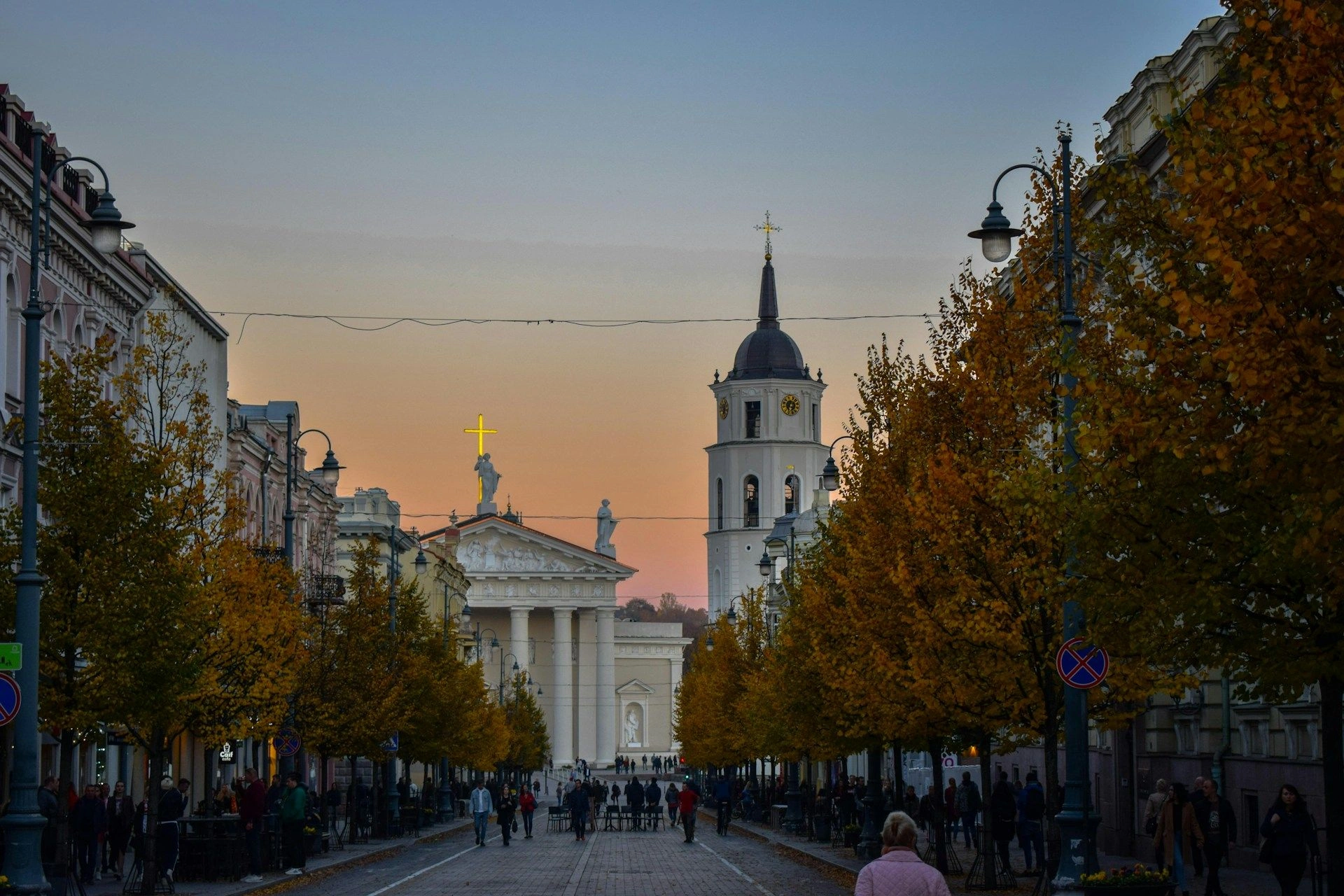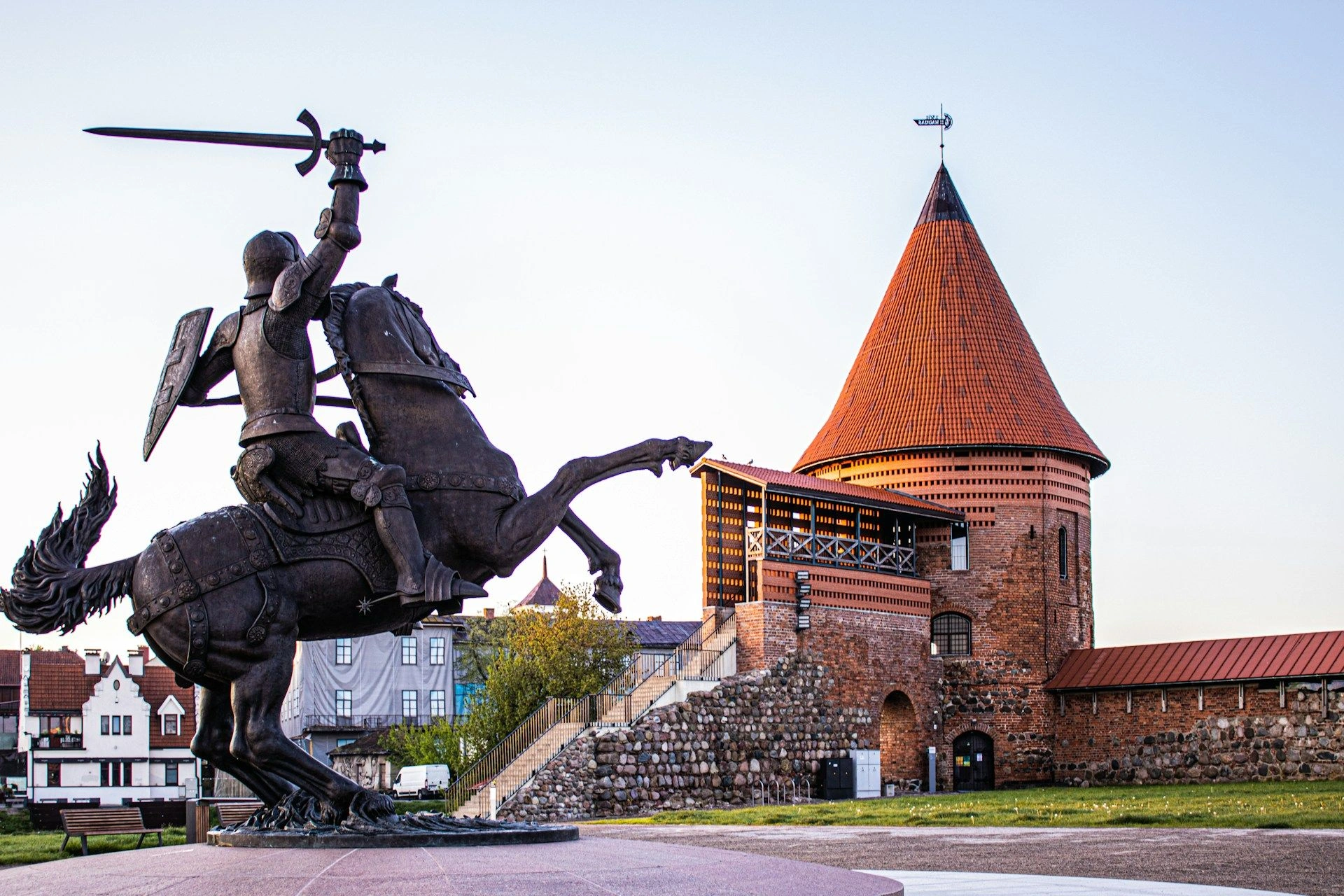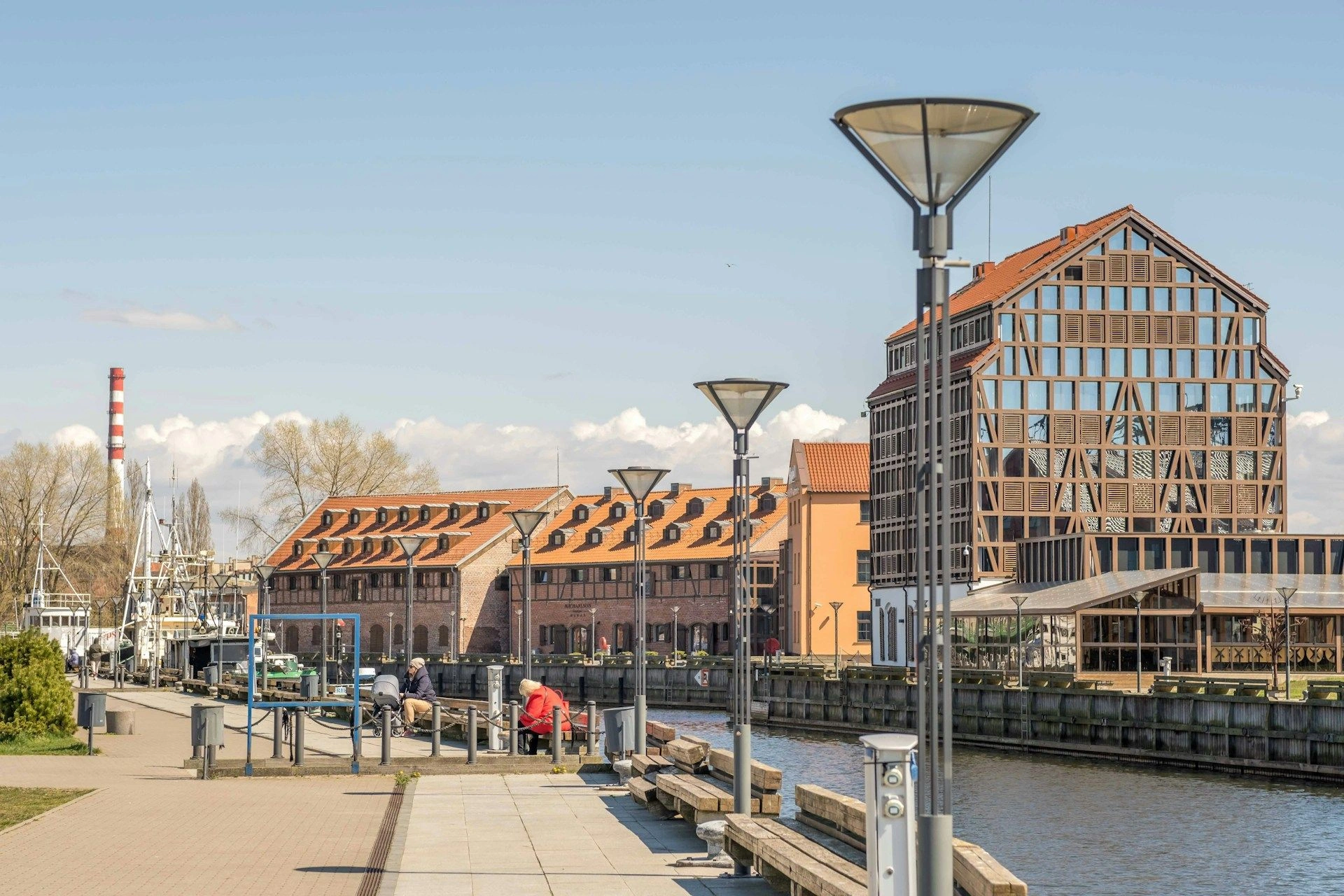Lithuania Real Estate for Investment – Opportunities for BuyersReal estate between riverstowers and markets

Best offers
in Lithuania
Benefits of investment in
Lithuania real estate
Baltic market with European accessibility
Vilnius offers affordable, high-quality living with full EU legal protections.
Stable demand from professionals and tech sector
Country’s growing IT industry supports steady rental and resale activity.
Clear ownership rights for international buyers
Foreign investors can purchase and manage property with ease and confidence.
Baltic market with European accessibility
Vilnius offers affordable, high-quality living with full EU legal protections.
Stable demand from professionals and tech sector
Country’s growing IT industry supports steady rental and resale activity.
Clear ownership rights for international buyers
Foreign investors can purchase and manage property with ease and confidence.

Useful articles
and recommendations from experts
Real Estate in Lithuania: A Transparent and Growing Market in the Baltics
Why Invest in Property in Lithuania
Lithuania offers a stable, transparent, and EU-compliant real estate market, making it an increasingly attractive destination for both institutional and private investors. As part of the Schengen Zone and Eurozone, the country enjoys regulatory consistency, free capital movement, and an efficient legal framework. With growing urbanization, demand for modern housing, and a strong rental market in cities like Vilnius and Kaunas, Lithuania is positioning itself as a gateway to the Baltic and Northern European regions for real estate investment.
Types of Property and Permitted Uses
The Lithuanian real estate market includes a wide variety of asset types, each regulated by local municipal zoning and national laws:
- Residential Property: Apartments, detached houses, and newly built condos in urban centers like Vilnius, Kaunas, and Klaipėda. Suitable for both own use and buy-to-let.
- Commercial Real Estate: Office buildings, logistics warehouses, and retail units. Increasing interest in build-to-rent and mixed-use developments.
- Land: Available for development, agricultural use, or conservation. Foreigners can acquire most types of land except agricultural land, which has limited exceptions.
- Tourism and Hospitality Projects: Coastal areas like Palanga and Nida offer hotel and resort investment potential, particularly during the summer season.
Urban areas typically have more liberal zoning laws, whereas coastal or protected zones may have strict building regulations. Usage permissions must align with the National Territorial Planning Documents and local municipal rules.
Ownership and Legal Framework for Foreigners
Lithuania’s real estate legislation is transparent, rule-based, and fully aligned with EU norms. Ownership rights are secure and well-protected:
- No Restrictions on EU/EEA Citizens: Individuals and legal entities from the EU or EEA can freely purchase all types of real estate, including land and residential property.
- Third-Country Nationals: Can acquire buildings and apartments without restriction. Agricultural and forest land acquisition is restricted but possible via Lithuanian legal entities under certain conditions.
- Legal Entities: Foreigners can establish a company in Lithuania and use it to acquire any type of real estate, including land parcels.
- Land Registry: All ownership is registered with the Centre of Registers (Registrų Centras), which operates a transparent public land and property registry.
Ownership is granted as freehold (full title), and leasehold arrangements are rare outside government or institutional contracts. Foreigners are advised to appoint a local legal representative to ensure compliance and due diligence.
Property Prices and Market Trends
Real estate prices in Lithuania are among the most competitive in the EU, though major cities have seen considerable appreciation in recent years due to demand from locals, expats, and institutional investors:
| City/Region | Property Type | Average Price per m² (EUR) |
|---|---|---|
| Vilnius | Apartment | €2,000 – €3,000 |
| Kaunas | Apartment | €1,300 – €2,200 |
| Klaipėda | Seaside Apartment | €1,800 – €2,500 |
| Palanga / Nida | Vacation Home | €2,500 – €4,000 |
| Rural Areas | House / Land | €500 – €1,200 |
Vilnius has experienced consistent growth in both property prices and rental demand due to its expanding tech sector and population growth. Kaunas and Klaipėda are gaining attention due to infrastructure improvements and lower price entry points.
Taxes and Transaction Costs
Real estate transactions in Lithuania are relatively low in cost, and the tax regime is favorable for both residents and non-residents:
- Notary Fees: ~0.45% to 0.6% of property value, depending on the sale amount and contract complexity.
- Land Registry Fee: Approximately €20 to €100 depending on the transaction.
- Legal Fees: Optional but recommended, generally from €500 to €1,500 per transaction.
- Stamp Duty / Transfer Tax: Lithuania does not impose a property transfer tax.
- Annual Property Tax: Residential property may be subject to tax only if the total value exceeds €150,000 (€220,000 for families), taxed at 0.5% to 2% on the surplus value.
- Rental Income Tax: 15% flat rate, with possible deductions. Non-residents must declare income and may be subject to double-tax treaties.
- Capital Gains Tax: 15% if sold within 10 years; tax-exempt if held for more than 10 years or if the seller resided there for 2+ years.
There is no wealth tax. VAT (21%) may apply on new-build commercial transactions but not on resale residential property.
Rental Yields and Market Demand
Rental demand is rising, particularly in Vilnius and Kaunas, fueled by students, young professionals, and digital nomads. Yields are stable and growing in line with demand:
- Vilnius: 4%–6% gross yield for central apartments, especially 1- and 2-bedroom units.
- Kaunas: 5%–7% yields in new residential developments near universities or business centers.
- Palanga / Klaipėda: Seasonal yields up to 8% for well-located vacation properties during summer months.
Short-term rentals are permitted but regulated; registration and municipal notification may be required. Platforms like Airbnb are common in Vilnius and resort towns.
Investment Scenarios
- Buy-to-Let Apartment in Vilnius: Invest €180,000 in a new 2-bedroom unit near the Old Town and lease long-term for €850/month, achieving ~5.5% yield.
- Renovation in Kaunas: Purchase an older €90,000 apartment, renovate for €20,000, and resell at €140,000 or lease for high yield.
- Coastal Holiday Rental: Acquire a €250,000 apartment in Palanga, rent seasonally at €100–€150/night, achieving 7–8% yield in high season.
- Office Space in Vilnius: Invest €500,000 in modern office space with long-term corporate lease yielding 6%+ net.
Top Locations for Investment
- Vilnius: Lithuania’s capital and largest city, hub for fintech and tech startups, with strong rental and price growth.
- Kaunas: A rising second city with university demand, industrial zones, and cultural development projects.
- Klaipėda: Port city with industrial and tourism appeal, gateway to the Curonian Spit.
- Palanga / Nida: Seasonal resort towns on the Baltic Sea, high tourist demand in summer months.
- Šiauliai / Panevėžys: Secondary cities with lower prices and improving infrastructure.
Infrastructure and Quality of Life
Lithuania ranks high in quality-of-life metrics in Central and Eastern Europe, with strong infrastructure and digital connectivity:
- Transport: Well-maintained road networks, international airports in Vilnius, Kaunas, and Palanga, and high-speed rail development underway.
- Utilities: Reliable electricity, gas, and water infrastructure; central heating common in cities.
- Internet: One of the fastest average broadband speeds in Europe, with widespread fiber-optic access.
- Healthcare: Free public system for residents, plus accessible private clinics in major cities.
- Education: International schools and universities attract expat families and student tenants.
Lithuania offers an EU-standard lifestyle at a lower cost compared to Western Europe, appealing to remote workers, digital entrepreneurs, and retirees.
Legal Process and Due Diligence
- Preliminary Agreement: Optional but common, involving a 5%–10% deposit and agreement on sale terms.
- Notarized Sale-Purchase Agreement: Required for legal transfer, drafted and certified by a Lithuanian notary.
- Registration: The buyer’s title is registered with the Centre of Registers; registration takes up to 5 business days.
- Due Diligence: Includes title search, encumbrance check, zoning review, and technical inspection for buildings.
- Foreign Currency Transfers: Permitted and supported by local banks; funds should be sent to an escrow or notary account.
The full transaction can be completed in 2–4 weeks. English-speaking notaries and legal advisors are available for foreign buyers.
Conclusion: A Transparent, EU-Based Market with Growth Potential
Lithuania combines the advantages of EU legal security with relatively low entry prices and rising demand, especially in urban centers and tourist regions. The clear legal process, high internet penetration, improving infrastructure, and competitive yields make it an appealing destination for cross-border investors. Whether for rental income, capital appreciation, or lifestyle relocation, Lithuania’s real estate market stands out as a high-quality, low-barrier option in the European property landscape.



